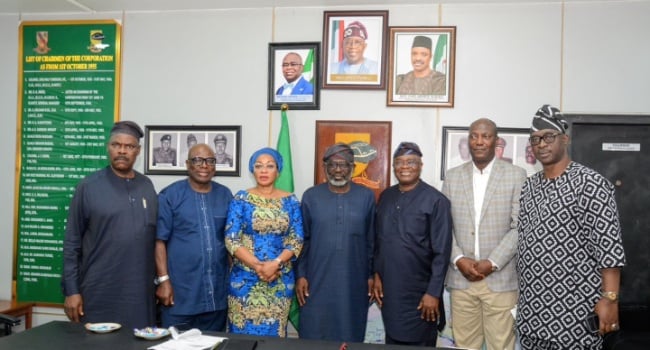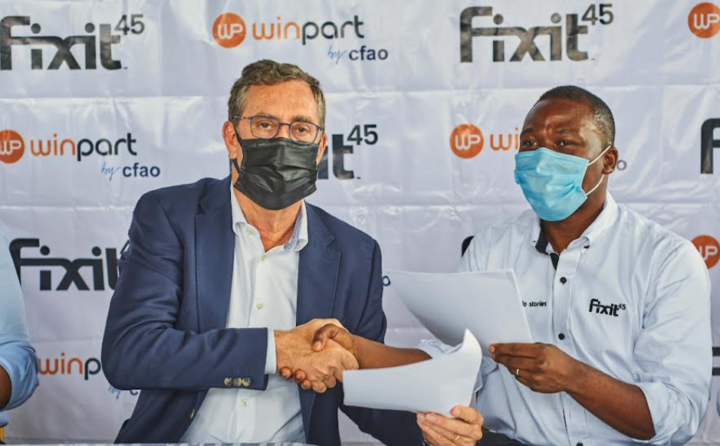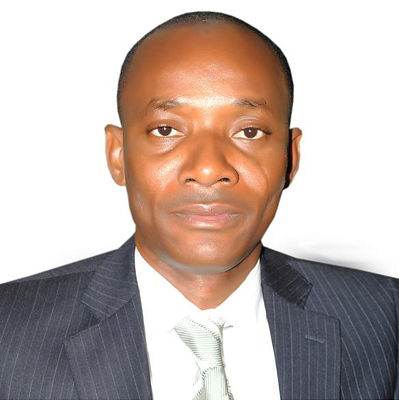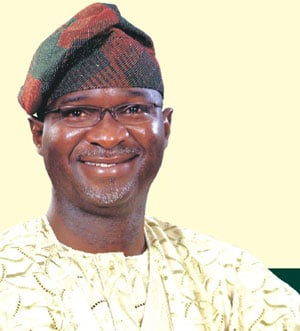The Nigerian Railway Corporation (NRC) says it is willing to work with the Southwest Development Commission (SWDC) to develop a memorandum of understanding (MoU) for the operation of old, unserviced rail routes in the region to boost connectivity.
According to a statement signed by Callistus Unyimadu, chief public relations officer at NRC, on Wednesday, Kayode Opeifa, managing director (MD) of the NRC, spoke on Tuesday while hosting the management team of the SWDC led by Charles Diji Akinola, its MD.
Opeifa said the NRC is “open for business” and excited that the SWDC is positioning itself as a strong player in the rail sector.
“We are delighted to see the SWDC take off from where the Development Agenda for Western Nigeria (DAWN) Commission stopped, in the area of developing a master plan for regional rail development for states in the southwest,” the MD said.
Advertisement
Also speaking, Akinola said the SWDC is drawing from DAWN’s extensive work on infrastructure and rail development across the six southwest states, adding that regional rail connectivity is key to the economic revitalisation of the southwest.
He said the commission’s rail development plan is structured into short, medium, and long-term phases.
In the short term, Akinola said the SWDC is seeking the ceding of old, unserviced routes in the southwest to operate on a profit-sharing arrangement with the NRC.
Advertisement
The SWDC MD said the commission is particularly keen on reviving the Osogbo–Dagbolu–Erunmu line, adding that the Idogo corridor would also play a vital role in boosting food security.
Akinola noted that although Lagos, Oyo and Osun already have rail services, the SWDC aims to maximise the routes by transporting food items into Lagos and moving consumer goods from Lagos to other southwest states.
According to the MD, the routes will drive economic growth in the southwest, especially as they are likely to receive subsidy support for the public.
Akinola said, in the medium term, the commission will seek operational and track-access licences for new rail corridors.
Advertisement
“We are looking at encouraging some investors to come into the rail sector and run the rail lines in the region. This agenda has been advanced by the DAWN Commission in the past,” Akinola said.
“We are willing to build new spurs to connect all the states in the southwest to the national lines by rail thereby making the dry port at Omi Adio and in Moniya more active.”
He called for land allocations to support the construction of warehouses essential for private-sector participation in developing the commercial side of the rail, noting that Osun has already taken a similar step with the Dagbolu siding.
Akinola stressed the importance of setting up a joint technical team with the NRC to fast-track the commission’s plans.
Advertisement
‘ALL DEVELOPMENT COMMISSIONS FREE TO PLAY IN RAIL SECTOR’
In his response, Opeifa said the corporation is committed to working with federal government agencies and sub-nationals to expand rail services in line with President Bola Tinubu’s directive.
Advertisement
He noted that rail transport remains a major driver of economic growth and national integration, adding that other regional bodies — including the Southeast Development Commission (SEDC) — have also approached the NRC for collaboration, particularly on reviving eastern rail corridors.
The NRC boss said Niger state has made similar strong demands for the revival of the northern stretch of the Lagos–Kano line, which aligns with the SWDC’s interest in using the corridor to move agricultural produce between Lagos and the northern states.
Advertisement
“We have also received your request for an operating track access licences. Our people are already looking at it and I have mandated all our directors to work with your technical team in bringing up the right MOU that would berth all your requests,” Opeifa said.
“With moving the enabling law from the exclusive to the concurrent list, the Federal Government and the Nigerian Railway Corporation no longer have monopoly of the railway system in Nigeria.
Advertisement
“All development commissions, state governments, and private sector players are free to play in the sector.”
The NRC MD said the corporation operates a track access programme that allows state governments to use national rail corridors at no additional cost, as part of the corporation’s drive to optimise existing assets under the ‘railing with the states’ initiative.






